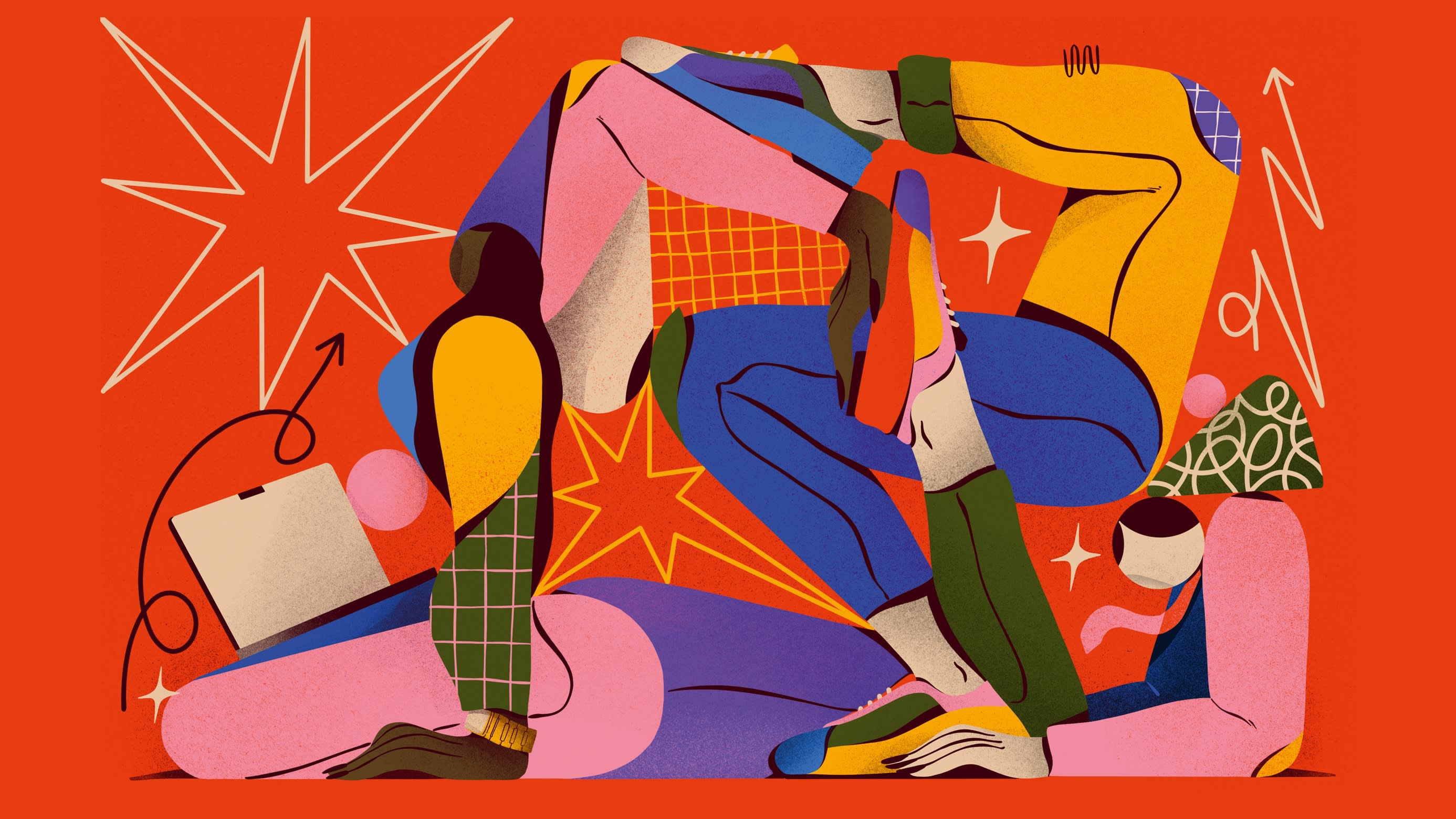How equine-assisted therapy guided me through grief
The gelding and I are facing each other in a large sandy arena in Richmond Park. British-Flemish psychotherapist Professor Dr Andreas Liefooghe asks me to introduce myself to the horse. As I walk towards him, I make clicking sounds and mutter, “Good boy.” I even find myself saying, “Hi, I’m Kate,” although I doubt the task is meant to be that literal.
The horse starts approaching me, and with an outstretched arm I let him smell my hand, pat him on the neck and stroke his face. He then heads towards the gate, and I tag along. He stops, raises his head impressively high, pricks up his ears and looks at something in the distance. I ask Liefooghe, “Does he want to go?” The doctor joins us at the gate and asks if this is a theme in my life. I start nervously spouting a whole lot of stuff about feeling invisible. And suddenly I am sobbing over the death of my father.
Liefooghe set up his organisation Operation Centaur in 2005 to “promote the relevance of the working horse in urban communities” – including one-to-one, couple and group equine-assisted psychotherapy (EAP) programmes to help with issues from grief and anxiety to eating disorders and addiction. EAP has become increasingly popular over the past decade, and last year the first register, Human Equine Interaction Register, was launched in the UK to ensure credibility and high standards of practice. Crucially, one is not required to have had any experience of horses to sign up.

For our penultimate appointment, Liefooghe brings out a small chestnut Arab that he has been working with for 20 years. I am asked to walk “Goldie” towards Liefooghe, who has gone to stand at the other end of the arena. I make clicking sounds and off we go. I am so excited that this is working that I start to overtake him. But then he stops suddenly, swings his neck round and bares his teeth. It startles me – and makes me aware of my tendency to get swept up in the moment.
This story originally appeared on: Financial Times - Author:Kate Chapple























